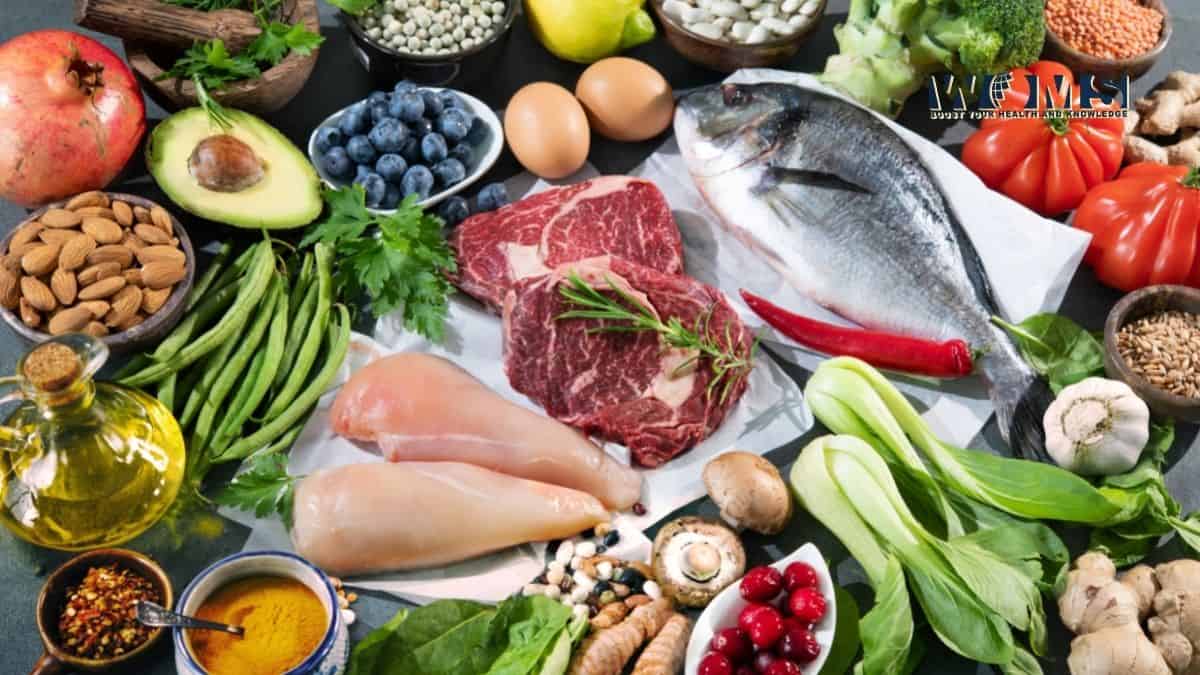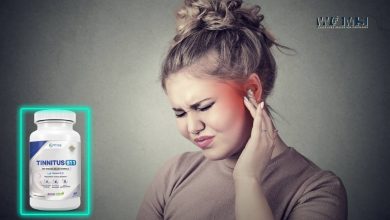Advantages and downsides of paleo diet for kids

One of the most popular diets these days seems to be the paleo diet, and even parents are thinking about including it in their child’s healthy habits. Of course, parents want their kids to eat healthier instead of eating fast food and unhealthy snacks, but the main concern is whether this diet is healthy for their little ones.
Below we’ll delve more into what the paleo diet is, its advantages, and disadvantages.
What is the paleo diet?
The paleo diet’s main idea is to try to eat only the foods our ancestors ate during the Paleolithic Age. Also known as the “caveman diet” it promotes eating foods like fish, grass-fed proteins, vegetables, fruits, seeds, and nuts, and avoiding eating dairy, grains, legumes, and many more. This diet was created by Dr. Loren Cordain in 2002, who focused on the idea that present-day consumers have many health conditions and diseases due to poor nutrition.
The agricultural revolution which added dairy, grains, and legumes, has led to a host of chronic diseases and conditions from allergies to obesity. The paleo diet for kids is popular among parents these days because they want to incorporate healthy eating habits into their littles ones’ diet that they will keep later on in life.

Benefits of the paleo diet
Although adults usually use this diet to lose weight, teaching your little one to eat what the paleo diet offers can also be beneficial for them. The best thing is that it cuts on refined sugars, salt, and processed foods. There are plenty of benefits to eating the paleo diet both for kids and their parents, and some of them include:
- Eating more clean food without preservatives, additives, or chemicals.
- There are plenty of anti-inflammatory benefits from the plant nutrients in vegetables, fruit, nuts, seeds, and oils.
- It is low in added sugar, meaning it does not allow sugars mostly found in processed foods. This helps prevent chronic diseases like diabetes, obesity, and cardiovascular disease.
- Eating veggies and fruit increases potassium levels which is important for healthy blood pressure, healthy kidneys, and muscle function.
- Consuming unsaturated fats found in nuts, olive, and avocado oil, leads to a healthier body.
- Since proteins are essential for growth and development in kids, adequate amounts of lean protein can contribute to a healthy body.
- Elimination of processed foods means less sugar and salt which improves blood pressure and blood sugar levels, reducing the risk of diabetes and cardiovascular disease.
Downsides to the paleo diet
Among the many benefits that the paleo diet offers, there is still some debate about it since there isn’t much research that has directly tested the effectiveness and safety it provides to kids. Most of the food is appropriate for them, but avoiding certain foods that provide important nutrients for proper growth and development can be quite challenging. Other downsides to this diet include:
- Restrictive diets like the paleo diet usually don’t stick and can lead to yo-yo dieting which can lead to poor health.
- Foods like beans and whole grains are very important sources of fiber and nutrients but are not allowed in this diet.
- Frequent consumption of meat has been shown to increase the risk of disease.
- Eliminating whole food groups means important vitamins and nutrients are not included.
- Children need calcium for strong bones and muscles, which they usually obtain from milk, yogurt, and cheese. Seeing that the paleo diet doesn’t include these products can be quite inadequate for a child’s health.
- Grass-fed meat and wild-caught fish can be quite expensive, so this diet may be difficult to follow long-term.
- The paleo diet can be time-consuming because it takes more time to prepare the food and can be difficult for busy parents.
Is it safe for kids?
The paleo diet has plenty of health benefits for our kids, however, it’s often very restrictive of some important food groups. Another problem is that kids usually tend to be picky eaters, meaning they already have limited types of foods they like to eat.
If you’re not sure about this diet being safe and healthy for your little one, you can always consider some alternatives including supplementing your child’s diet with nutritional shakes if you’re concerned about their calorie intake.
Final thoughts
If you’re thinking about implementing this diet into your child’s eating habits, it would be recommendable to take a more moderate approach. Restricting several food groups can lead to unhealthy eating habits which could lead to bad nutrition. Children need a variety of food to grow and develop healthily, so think carefully and do the research before putting your little one on a paleo diet.




